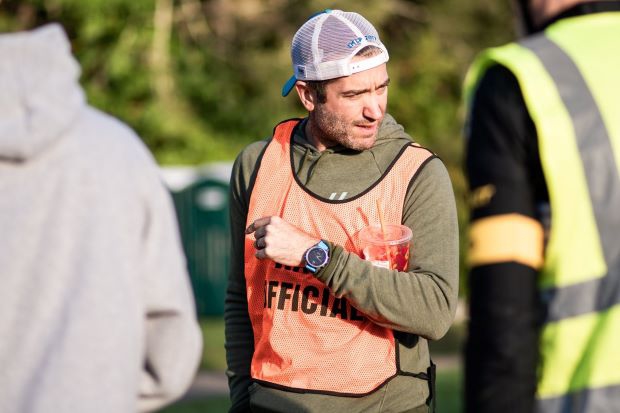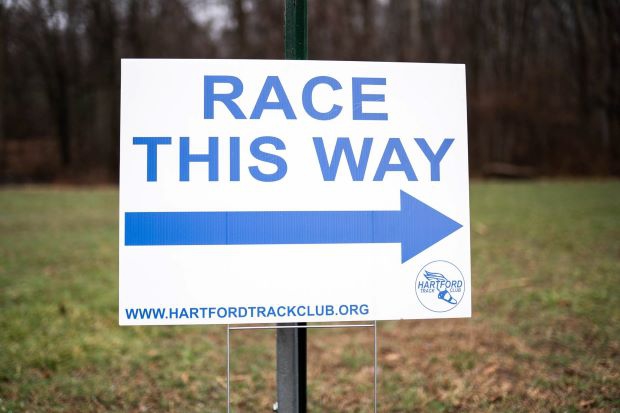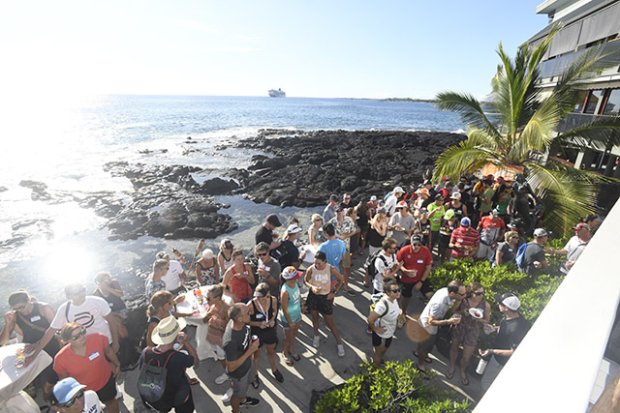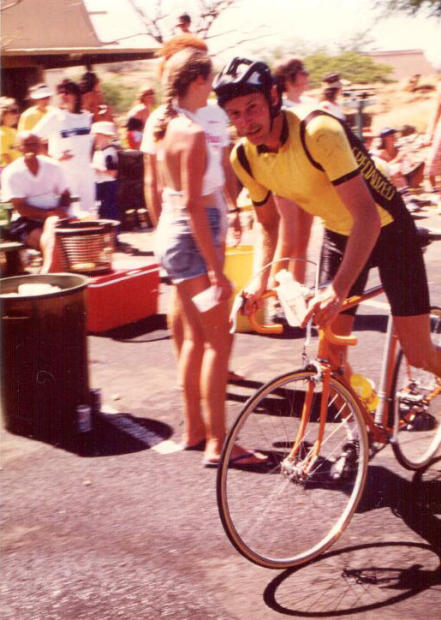Why Can’t I Just Get a Refund? And Other Emails to RDs in the COVID-19 Era

Out of all of the hats I wear, race directing is probably my proudest. Not because it has a lot of glory attached to it, but because of the relationship you have to build with your athletes and the fact that they choose to spend their free time at your events. I've been in race production for almost a decade; combined with Kelly Burns Gallagher (my infinitely better half), we've been at it for nearly 20 years. We've put on dozens of events. Through hell, high water, sleet, snow, the show has always gone on as we intended.
Until this week.
We are, as of this writing, precisely three weeks away from what should have been our 14th Annual Greater Hartford Quarter Marathon : 6.55 miles of running with no vehicular traffic to speak of. It's a challenging date; we've had it snow on race morning, and we've had it be 80 degrees, and just about everything in-between (it's April in New England after all). Through it all, somewhere between 400 and 550 athletes have shown up to run on the first Saturday in April.
Until this week.
We started our contingency planning process earlier in the month as news broke that the first case of COVID-19 was reported in Connecticut. It wasn't long before we saw much larger changes coming down the pike: schools began closing for weeks at a time. We started looking to limit the number of athletes starting at one time, and cancelling awards so we didn't have large groups of people waiting at the end of the race. We thought we could still have a "normal" race.
Until this week.
As soon as the executive order from Connecticut Governor Ned Lamont prohibited gatherings of over 250 people, we knew that it was time to cancel all in-person activities. We made the decision to pivot immediately to a virtual race. Runners have an 8 day window to complete their 6.55 mile run and submit their times to us. The first 75 to do so will win our BOCO Gear award hats. Everybody who completes it will be part of our 2020 results and get sent their shirt and finisher medal. We're also setting up a Facebook group for virtual runners to share their "race" experiences.
Most runners are understanding. But those that are not understanding, well…

We're certainly not the first race directors in this situation; one doesn't need to look far to find vitriol pointed at the direction of a race director attempting to make the best of a bad situation. What we aim to do here is explain the finances and questions that many people will be asking of race directors over the next few months.
The Sunk Costs and Why Most Refunds Can't Happen
The biggest misconception that we faced when moving our event from in-person to a virtual event is that "you have no costs putting on a virtual event." That, of course, couldn't be further from the truth. Most of our expenses are paid between three to six months out. This is particularly true for an April race, as with medals and our awards we have to contend with Chinese New Year.
In the case of the Quarter Marathon, we had paid out every expense with the exception of port-o-johns and our remaining balance on our timing contract. Of the approximately $12,500 in race registration fees collected, we had spent $12,400 of it: medals, t-shirts, awards, bus transportation from our parking area to the race site, race-day nutrition, timing invoices, and supplies were all accounted for. We even purchased the plastic eggs, candy and prizes for the egg hunt that we run for families while the race is taking place.
We should note that when uncertainties began to arise we preemptively shut down race registration and it is often the final 100 to 150 registrants in the month of March that make the difference between breaking even and making a sizable donation to our charity. We're also in a unique situation with this particular event; there are no permitting fees, we donate all proceeds of the event to charity, and Kelly and I volunteer as race directors (the race is produced through a non-profit RRCA track club), taking precisely $0 for our services. Frequently, RDs will have both paid themselves and their staff.
Now, the circumstances are different depending on the timing of the cancellation. For instance, for our 5K in mid-May, we are not putting out any dollars toward that particular event until we have a clearer picture on whether the event will be allowed to take place. That's a race where, if we are not going to be allowed to go forward, we would be able to refund runners money. If we are allowed to run, we'll likely have a much smaller donation available as our costs will escalate.
For Quarter Marathon, we offered runners a 50% off coupon to a future event. We didn't feel it was fair for the athletes to bear the total burden of the change in event. But we also needed to be as fair as possible to our vendors.

Why Didn't You Just Postpone?
Postponing involves a lot of vendor flexibility. For our race, that would have shown up in three key areas: timing, transportation, and site availability. With regard to transportation, we would have essentially needed to pay twice. In the case of timing, it'd be up to their schedule as to whether they'd be able to accommodate our re-scheduled date.
Ultimately, though, it was a moot discussion: our host venue didn't have the flexibility to give us a new date. This will likely be the primary predicament facing IRONMAN and other large races over the next few months: will their host cities permit them to move their race to a later date? If yes, you'll see a postponement; if not, you'll have a cancellation on your hands.
What About Deferrals?
We used to offer a pretty flexible deferral and transfer policy: email us at any point, for any reason, up to 7 days before the race, and we'll either move you to next year's race or to one of our other events. Unfortunately, we saw a lot of abuse of this policy, including but not limited to "I'm going to defer my entry so I can run this other event on the same day."
We also ran the math out on deferred entries and determined that we were losing $10 per deferral between purchasing supplies again, year-over-year. It came down to the finances again: the track club would have to foot a bill for thousands of dollars it didn't have in 2021. Ultimately, we had to rely on a "no refunds, no transfers, no deferrals, no exceptions" policy.
Fine, I'll Just File a Chargeback
Chargebacks are the industry-term for when you file a disputed charge with your credit card company. Once you file a chargeback, in about a week it (plus a 7.5% service charge) are taken from our merchant account. Thankfully, in the case of our registration partner, RunSignUp, they will automatically fight this chargeback for us. But it's a manual process; an individual at RSU has to pull up the transaction information, as well as our stated refund policy, in order to be able to fight the charge for us.
The big question on chargebacks is whether you received the services that you paid for. This was one of the major considerations for us deciding to put on a virtual race; we still wanted to hold an event, in addition to the tangible items that you receive. It's a logistical and mailing nightmare to pull off, but we felt that we needed to do something.
At the end of the day, the vast majority of race directors out there are dealing with the same logistical nightmares. A little kindness and grace goes a long way. Most runners have been great (that's the benefit of good will we've generated over the years). We're all in this disappointment together. And hopefully, we'll all be seeing each other on the roads later on this year.




